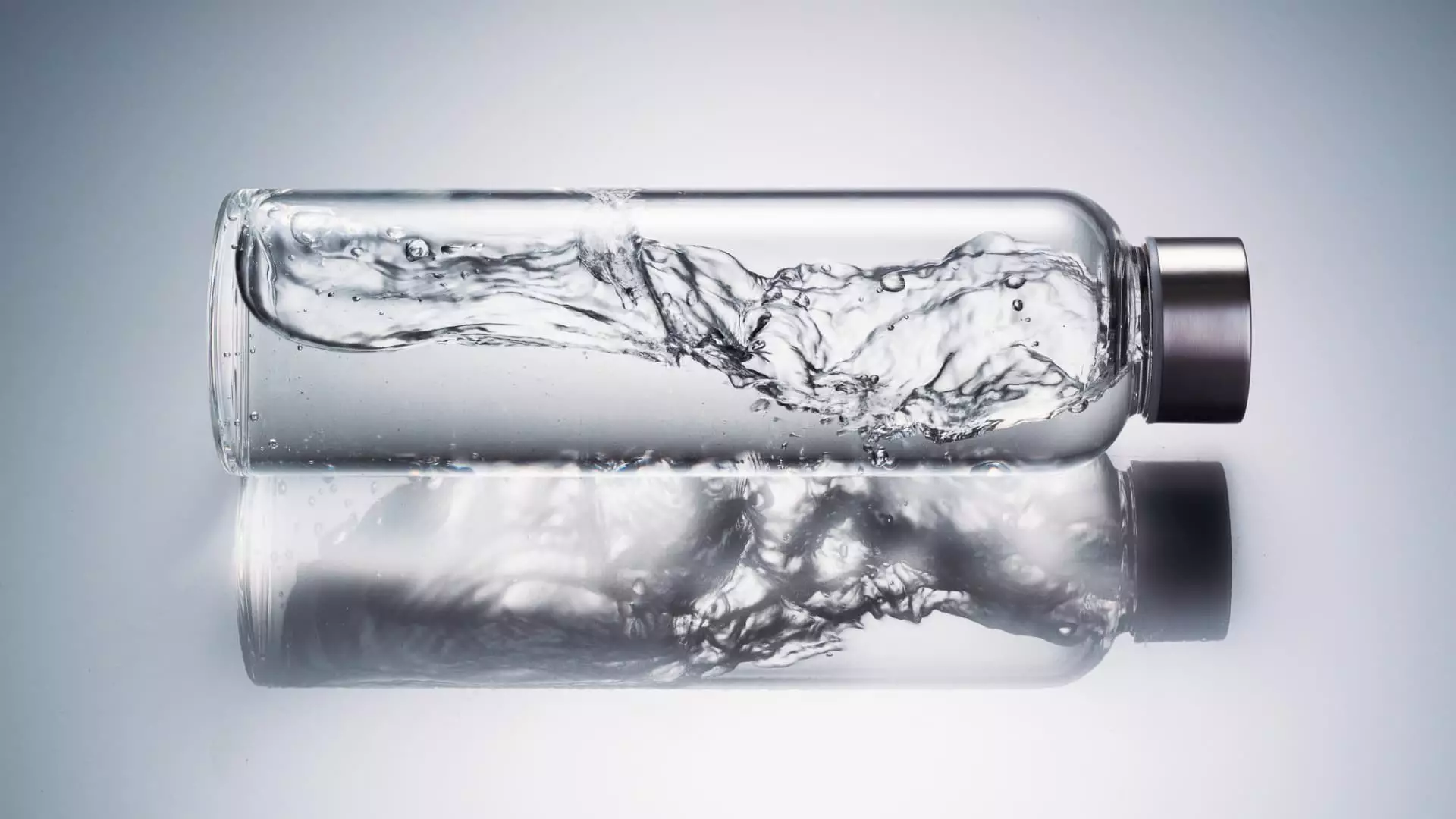In an era where environmental consciousness is paramount, the luxury hospitality sector is undergoing a significant transformation, particularly in its approach to water service. Unlike conventional practices that often rely on imported bottled waters, many fine dining establishments and hotels are now embracing sustainable water solutions that reflect a commitment to ecological responsibility. This article delves into the innovative approaches and the evolving landscape of premium sustainable water options offered by hospitality venues worldwide.
Breaking Tradition: A New Approach to Water Service
When visiting a three-Michelin-star restaurant, guests typically expect a menu filled with extravagant offerings, including upscale beverages. However, Singapore’s Restaurant Zen diverges from the norm by serving exclusively water from Nordaq, a Swedish company. This approach is not merely a culinary choice but a statement against the wastefulness associated with transporting bottled water over long distances. Executive Chef Martin Öfner emphasizes that every dish and beverage—ranging from stocks to juices—utilizes Nordaq water, promoting a holistic and integrated dining experience that aligns with sustainable practices.
The restaurant’s choice is reflective of a broader trend, with over 140 Michelin-starred establishments opting for Nordaq. This shift aligns with the growing recognition of the environmental impact of traditional bottled water sourcing, which often entails significant carbon footprints due to transportation logistics.
The Mission for Sustainability
The mission behind companies like Nordaq is clear: to drastically reduce the reliance on single-use plastics while maintaining the quality expected in luxury service. Johanna Mattsson, CEO of Nordaq, points out that many high-end dining venues depend on mineral water that may travel thousands of miles to reach their tables. Such practices are now being challenged, with a focus on local purification systems that produce clean, fresh water on demand.
Nordaq’s unique model of purifying local tap water and bottling it on-site enables establishments to minimize their ecological footprints substantially. Their bottles, devoid of plastic labeling, are designed for easy cleaning and reuse, further supporting a circular economy. Such innovations are proving crucial as the global hospitality industry grapples with the pressing realities of climate change.
The embrace of sustainable water solutions is not limited to high-end restaurants. Luxurious hotels, such as the Mandarin Oriental Singapore, have also adopted Nordaq’s water service, establishing an eco-friendly system that incorporates purified water into all aspects of guest experience—from rooms to restaurants and wellness facilities. Hotel Manager Cindy Kong noted the efficiency of their bottling facility, capable of producing up to 2,000 bottles of purified water daily. This efficiency illustrates the operational benefits nested within sustainability initiatives: reducing waste and promoting economic advantages.
Moreover, the movement toward sustainable water services is echoed by other companies in the industry. Brands like Castalie and Purezza are expanding their reach in European and global markets, proposing a viable alternative to traditional bottled water. The Indian hospitality company ITC Hotels has pioneered its own “zero-mile” water brand, SunyaAqua, reinforcing the mission to eliminate single-use plastics and minimize transport distances.
As the conversation around sustainability evolves, so too does the financial rationale for implementing these systems within hospitality operations. Providers of sustainable water solutions highlight the potential for cost savings. For instance, Mike Hecker of Be WTR asserts that their facilities save clients from relying on upwards of a million imported bottles annually, markedly reducing shipping costs while cutting down on carbon emissions.
These savings can translate directly into profits for establishments—especially those boasting extensive capacities. Reports indicate that a single bottle of sustainably produced water often costs much less to produce than its imported counterparts, while still commanding premium pricing in high-end markets. This dynamic allows restaurants and hotels to offer eco-friendly choices without sacrificing profitability, positioning them as leaders in sustainability.
The premium hospitality industry stands at a pivotal moment where the confluence of luxury and sustainability shapes the experience offered to guests. Water, often taken for granted, is emerging as a crucial element of this shift, with hotels and restaurants alike innovating around its service and sourcing. By moving toward sustainable solutions, these establishments are not only improving their environmental impact but also enhancing their reputations and guest satisfaction. As the trend continues to grow, one can only hope that the momentum acquired by these pioneering efforts will inspire broader change across the hospitality landscape, setting a new standard for responsible luxury.


Leave a Reply